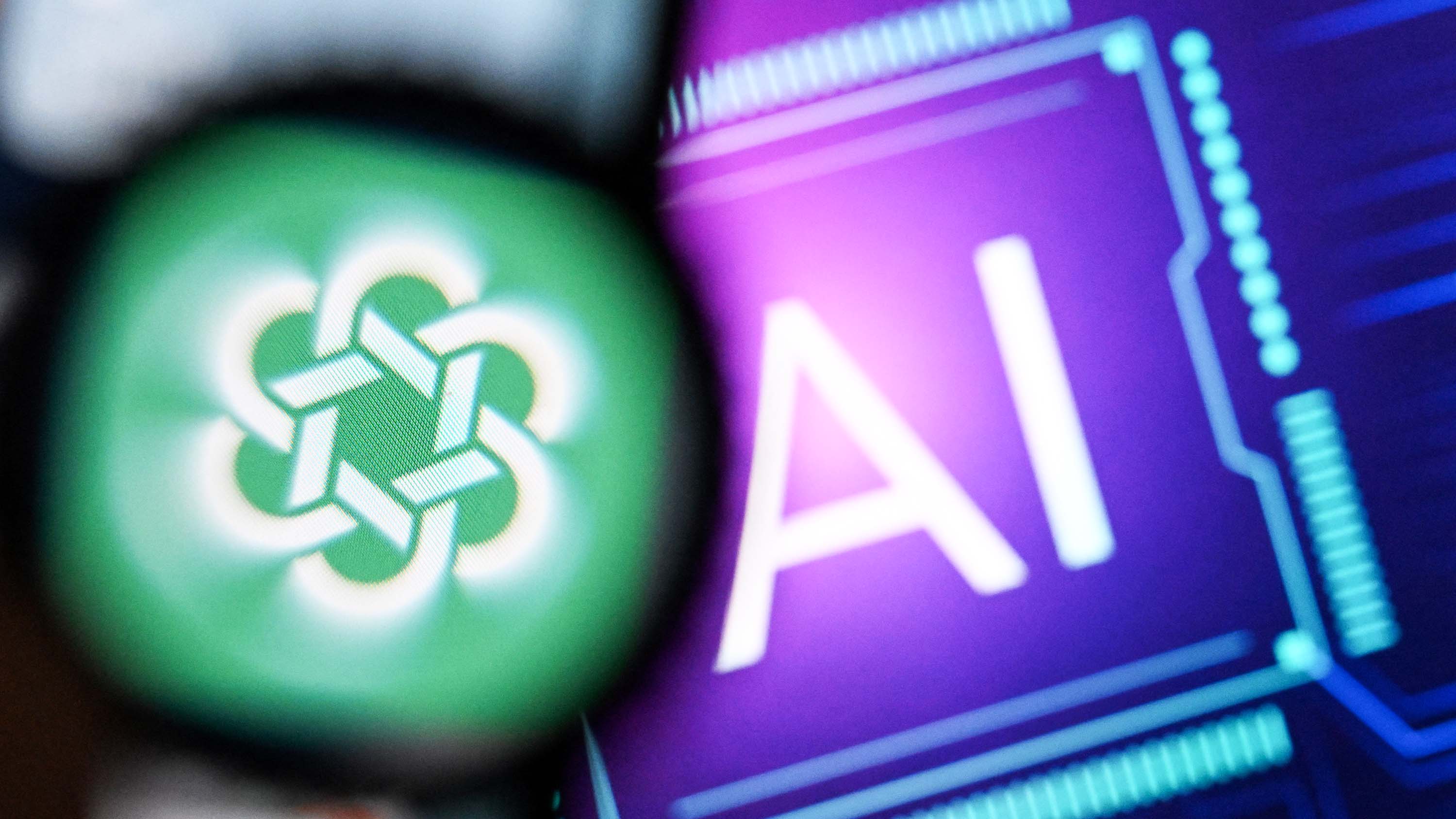- Google CEO says AI growth will slow in 2025.
- AI labs will continue to seek advances in reasoning.
- Microsoft is accused of overreliance on OpenAI.
Recent reports indicate that top AI labs, including OpenAI, Anthropic, and Google, appear struggling to develop next-generation AI models due to a lack of quality training content. Former Google CEO Eric Schmidt disputed these claims, saying LLMs scale with unprecedented capacity. “There is no evidence that the scaling laws have started to stop,” Schmidt added. “They will stop eventually, but we’re not there yet.”
OpenAI CEO Sam Altman reiterated Schmidt’s sentiments via a cryptic message on X (formerly Twitter), stating: “There is no wall.” Today, Google CEO Sundar Pichai joined the group to challenge the Scaling Act claims.
Speaking at the conclusion New York Times Dealbook Summitthe executive indicated:
“I think progress is going to get harder when I look at ’25. The low-hanging fruit is gone. The slope is steeper.”
The executive made the statement while indicating that Google was preparing to offer new advanced AI models. However, he indicated that he expects the rapid progress in AI development to slow down by 2025.
According to Business InsiderExperts and company insiders say top AI labs will face critical challenges when trying to train next-generation AI models with high-quality content, as the process may have have already reached a knowledge ceiling.
Interestingly, experts indicated that companies could resort to new approaches, which could focus on the reasoning capabilities of models, thereby emancipating them from over-reliance on high-quality training content .
“There is no wall”, AI progress will simply be slower

The Google CEO expressed great confidence in the development and progression of generative AI by 2025, albeit a little slower. “I don’t subscribe to the notion of a wall.”
When you start scaling quickly, you can run more calculations and make a lot of progress, but you will definitely need deeper breakthroughs to take the next step. So you can perceive it as if there is a wall or small barriers.
Sundar Pichai, CEO of Google
As analysts and experts have pointed out, Pichai shares similar sentiments, indicating that the development of AI will require breakthroughs in reasoning.
Earlier this year, Microsoft CEO Satya Nadella indicated that Google had all the potential and resources to become the leader in AI, but had failed. Andrew Ross Sorkin’s mention of Nadella’s feelings during the interview apparently triggered the Google CEO, prompting him to deliver a death blow to Microsoft:
“I would love to do a side-by-side comparison of Microsoft’s own models and our models any time, any time. They’re using someone else’s models.”
The CEO was referring to The multi-billion dollar partnership of Microsoft and OpenAI, which gives the Redmond giant access to next-generation AI models while the latter has access to computing power and financing.
More recently, a report suggests that OpenAI wants remove the strict clause that would cancel its partnership with Microsoft after reaching the coveted AGI moment. This could be the ChatGPT maker’s attempt to stay connected with Microsoft for additional funding and investment beyond the AGI moment, predictably, it is expected to collapse by 2025 with “surprisingly little“societal change.


